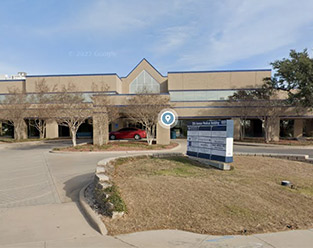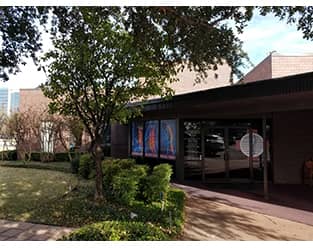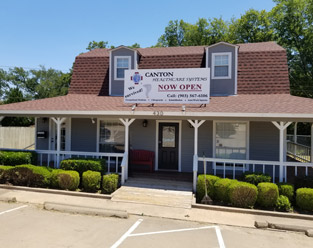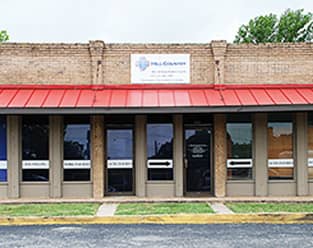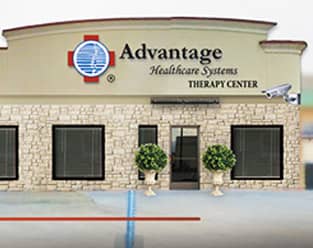 If you have a bump or injury to your head and are diagnosed with a concussion, be careful you don’t try to return to normal activities too quickly. Though many of the symptoms and effects of a concussion might subside, you can still be at risk. If any symptoms of your concussion persist for more than six weeks, you may be suffering from “post-concussion syndrome” (PCS).
If you have a bump or injury to your head and are diagnosed with a concussion, be careful you don’t try to return to normal activities too quickly. Though many of the symptoms and effects of a concussion might subside, you can still be at risk. If any symptoms of your concussion persist for more than six weeks, you may be suffering from “post-concussion syndrome” (PCS).
What to Expect After a Concussion
Typically, most or all symptoms of a concussion will go away within two weeks, though it’s not unusual for headaches and other effects to linger longer. Studies show that about 10% of people who suffer concussion will experience some degree of post-concussion syndrome. In medical studies, researchers have generally found that women and older adults are more susceptible to PCS than men and younger people. The risk goes up dramatically for those with a history of prior concussion.
The Treatment of Post-Concussion Syndrome
In many ways, treatment for PCS is similar to treatment for the initial concussion. Your brain has a natural healing and recovery process, which requires some level of rest. But there are also active therapies that can alleviate some of the debilitating symptoms of post-concussion-syndrome. A common approach is to target those symptoms that most interfere with your daily life. Though PCS can continue for some period of time, it’s not a progressive illness, like chronic traumatic encephalopathy. In virtually all instances, PCS gets better over time and, with proper treatment, usually goes away.
Contact Us to Set Up an Appointment
At Advantage Healthcare Systems, we have extensive experience working successfully with individuals who suffer traumatic brain injury. Call us toll-free at 1-877-487-8289 or fill out the form provided below to schedule an assessment. We offer locations across Texas, including Fort Worth, Dallas, and San Antonio.

